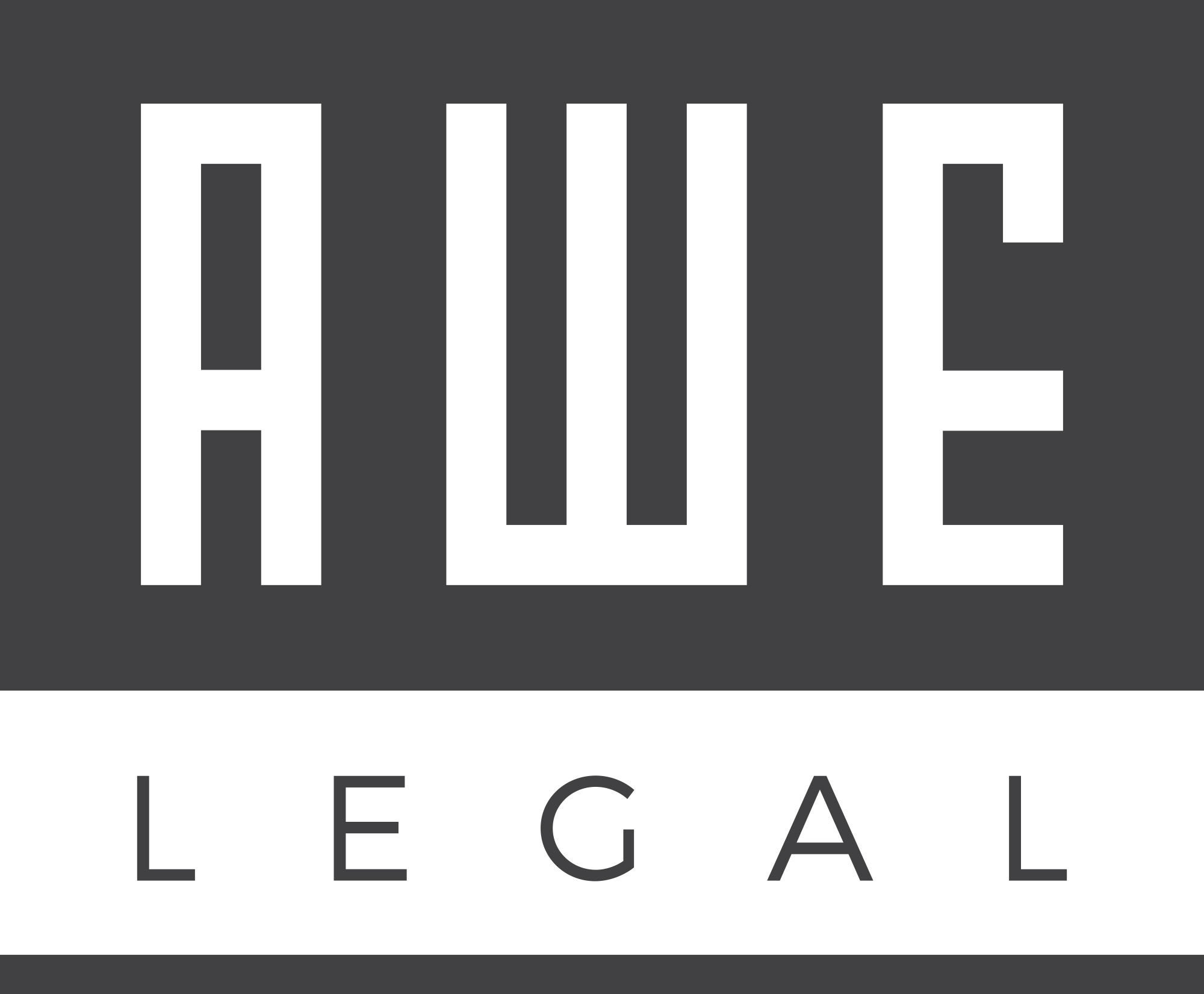Not all Waivers are Created Equally
Whether you’re a gym/studio owner, personal trainer, coach, or host a festival or outdoor activity you want to read this post! For that matter, any business owner that facilitates a ‘risky’ or potentially harmful activity should invest in a waiver as a form of protection. If someone gets seriously injured, they may still try to sue and seek legal remedies despite having signed a waiver. There is case law where waivers have been effective at protecting against liability, and also cases whereby faulty waivers did not hold up in court.
Waivers are effective tools but are by no means bullet proof. To safeguard against personal liability, incorporation is always encouraged as well, but it is not always a viable option for every business owner. Waivers are key to inform your participants of the potential risks of the activity at hand.
What do I mean by “Not all waivers are created equally”? There are certain aspects within a waiver that make them stronger or weaker in the court of law. The more the vague the language, the weaker the waiver, and the less likely it will be enforced. It is important to have a solid and descriptive waiver in order to prove that your participants have knowledge of the real risks involved, accept potential liability, and have voluntarily signed and given consent to partake in the activity/event. There was also a recent case, Schnarr v Blue Mountain Resort Ltd, 2017 ONSC 114, which explained that there are certain things you cannot contract out of in a waiver (ex: you cannot infringe statutory protected rights under Ontario’s Consumer Protection Act).
There are also many creative elements you can build in to your waivers to serve you better. For example; media releases, intellectual property conditions, and dispute resolution clauses in order to have a plan in place to try and avoid costly litigation should an issue arise.
So, YES! Waivers are still relevant. They’re not rock solid, but they’re an important tool you should use to protect yourself and your business, and if used effectively they can set out other terms and conditions. Be cautious using templates or basic waivers, because it does matter how they are written, and there’s no point in using a waiver that wouldn’t effectively protect you.
If you have any questions about waivers or for more information get in touch with AWE Legal at info@awelegal.com
*This is not legal advice and is intended for general legal education and principles. For case-specific advice contact AWE Legal or other legal counsel.

